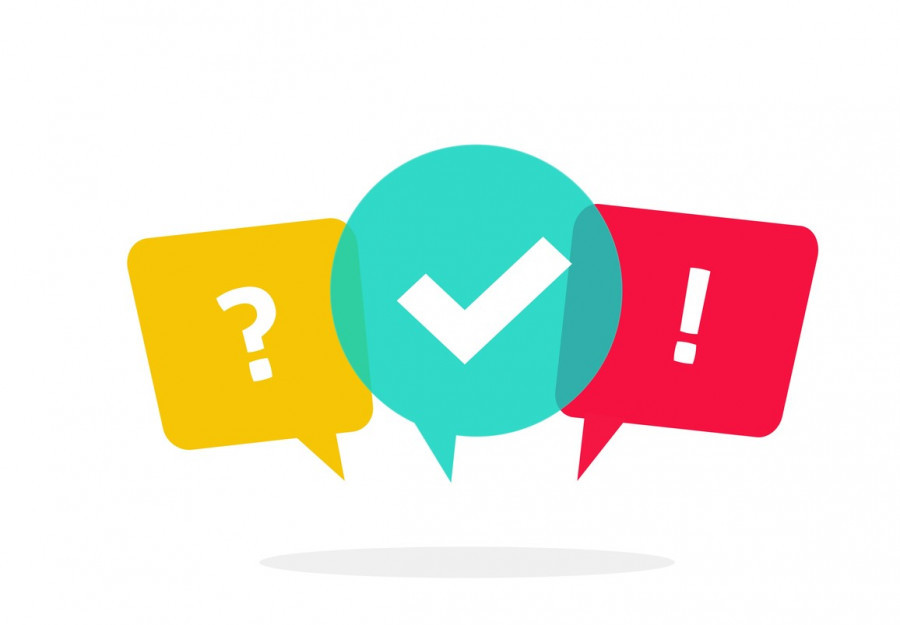Editorial
Whither political debate?
Public debates help make prospective voters cast their ballots judiciously.
When former Prime Minister KP Sharma Oli called for a public debate with the incumbent Sher Bahadur Deuba, instead of taking him seriously, people laughed off Oli’s proposal. Oli had done nothing wrong in calling for a debate, a vital pillar of democracy. But why was his proposal met with derision then? Perhaps people were reminded of the vast crevasse between his words and actions, best exemplified by a Hindi proverb that translates as “After eating nine hundred mice, the cat goes on a pilgrimage”.
Oli, chairperson of the opposition CPN-UML, is not known for encouraging debates. He has made no secret of his dislike for party comrades who questioned his actions or presented alternative ideological positions. After spewing vitriol against his colleagues and opponents for over three years as prime minister, Oli has now called for a live debate with Deuba. That is why the public sphere scoffed at the offer. If only he had shown any commitment to a culture of debate on issues of national importance when he was in power, things would have been different.
And to talk of holding a debate right when Apoorwa Kshitiz Singh has been detained a second time for a stand-up comedy gig sounds like a farce. Neither Oli nor Deuba much respects free speech. It is due to Deuba's intolerance for criticism that he has found himself competing with Sagar Dhakal of the Tapain badhta boldai hunuhunchha fame five years after their famous altercation in Sajha Sawal, a television programme. Social media is unforgiving when it comes to digging up somebody's past and laying them out in the open for everyone to see at the most crucial of times.
That Deuba is hardly an impressive speaker is well-known. When he speaks from the podium, a combination of age-related difficulty in reading and a casual attitude towards the events he attends often result in Deuba giving unimpressive speeches. There has been at least one incident in the past when he realised half-way into his speech that he had been reading from the wrong paper.
While it is natural for people to expect more from him, that is what Deuba is, with possibly incorrigible human flaws. To taunt him for his inability to speak impeccably would not only be improper from a political standpoint, it would also be a form of violence against a physiological condition that we as a society are yet to fully understand. We must raise our standards when it comes to criticising others, including our netas.
Individual flaws of top leaders aside, the fact that Oli became a laughing stock for proposing a debate is a grim reminder of a poor debate culture in Nepal's political sphere. Among the better known political debates are the live ones preceding the American presidential elections. But democracies around the world hold regular debates on ideologies, policies and programmes of national importance. A healthy debate strengthens democracy and takes the country forward. In Nepal, where election campaigns often become exercises in lavish spending to lure votes, a culture of public debate would help expose unscrupulous candidates and make prospective voters cast their ballots judiciously. But, again, why limit debates on vital political and economic issues for election-time? They should rather be made a part of our top politicians’ regular calendar.




 8.22°C Kathmandu
8.22°C Kathmandu














